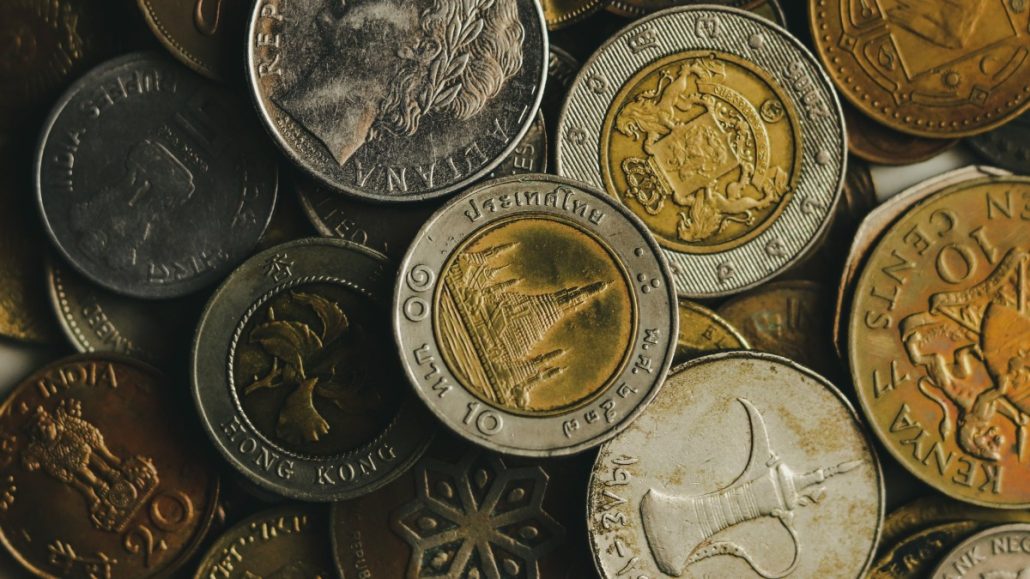Report: Israel’s Economy Since October 7
By Mahvish Akhtar
Economists say that since Oct. 7, Israel’s economy has been in a covid-like shock. There was plenty of unrest within the country over Netanyahu’s extreme views and right-wing politics even before the systemic attacks on Palestine. People had been marching on the streets against the Judicial Laws that recently have been changed to give full power to the Israeli Prime Minister.
During the summer of this year, a law was passed in the Israeli Parliament limiting the power of the Judiciary along with a complete overhaul of the Judicial Branch. Even though these laws are reversible, this created uncertainty and a huge panic in the country.
Changes in Judicial Laws are a strategic move by the PM in an effort to control the judiciary’s authority over lawmaking and public policy. This puts limitations on the Israeli Supreme Court to exercise judicial reviews, granting the parliament control over judicial appointments and limiting the authority of its legal advisors.
As this was already in progress a crash in activity hit everything from restaurants to banks and schools. Israeli stocks have been the world’s worst performers since the start of October.
According to Reuters many businesses and schools open only for a few hours a day. The streets are quiet. The hustle and bustle is reduced. There are sirens and fire drills to make sure people are prepared for any future attacks or emergency situations. While it is not so Grimm everywhere, the businesses are drying up and big conglomerates are suffering.
It is expected in times of war and emergency situations for a country’s consumer ship to drop because people do not come out for leisure activities as much. In this instance, IDF and the Israeli government is determined to prove that they are in danger to justify their actions in Gaza, which is forcing their people to stay indoors and in turn businesses to suffer.
The current Governor of Israel Central Bank, Amir Sharon Says, that this war has been way more expensive than initially estimated. The country entered the war on solid fiscal footing, he said. There have been major fluctuations in the shekel in the past month.
Bloomberg accounts Israel’s war against Hamas is costing roughly $260 million every day. On top of that ultra-orthodox schools and other causes backed by right-wingers in the ruling alliance have been making sure Prime Minister Netanyahu keeps his word about funding all their projects. This is not the time for the PM to look weak or appear to be backing out of his commitments.
Finance Minister Bezalel Smotrich is about to showcase a new Budget for the remainder of 2023 and then present plans for next year. The expenditure program involves “coalition funds,” or discretionary spending earmarked to the five parties comprising Netanyahu’s government, which is the most religious in Israel’s history. 14 billion shekels ($3.6 billion) was approved last May to be put towards projects such as religious schools, which are concentrated on teaching religious studies that some are exempt from teaching subjects such as English and Math.
Another project the funds are allocated for is the development of Jewish settlements in the occupied West Bank. The settlements are starting to become a problem amongst the residents as well. Paying stipends, and free housing, which demolitions and re-constructions put a strain on an already suffering economy. Not to mention the constant conflict and security risks that arise.
“As long as the government clings to its coalition funds, it will pay more for its debt, “says Rafi Gozlan, chief economist at IBI Investment House. Global traders are starting to notice as the government increasingly turns to bonds to pay for the war. The budget deficit ballooned more than sevenfold in October compared to last year. The settlements were called into question long before the war upset the $520 billion economy, with critics warning it would suppress growth.
However, it’s even more problematic now that Netanyahu committed to paying “whatever economic price this war exacts on us.”
The shekel has slid to a seven-year low, 3.87 against the dollar. Israel’s economy entered 2023 pretty strong with a current account surplus, a low debt-to-GDP ratio, and high foreign exchange reserves. Although, the global economic slowdown and upset against the judicial reforms in the middle of the year did start impacting investments and economic growth.
The recent deepening geopolitical conflicts that span continents, the hostility between the United States and China over technology and security, only complicates matters for Israel that hopes to work with both countries without incident for debt relief and economic help for resolving its most recent Hamas Problem. The Central Bank of Israel’s research department said that it now expects the economy to grow by 2.3% in 2023 and by 2.8% in 2024. That is lower than its predicted growth of 3% for this year and the next. As the situation worsens, business goes down and consumerism falls. An October IMF press briefing says that the Bank of Israel was given $30 billion to kickstart the economy after the dwindling that happened because of the “war on Hamas”.
Meanwhile, the protesters in Israel are asking for Netanyahu to answer for the decisions he has been making on their behalf. The PM of the country who is on trial for corruption charges, and his partners, who want to deepen Israel’s control of the occupied West Bank are being blamed for the Oct. 7 attack. There is widespread anger at the failures that led to the deadly attacks that the Israeli public says, not just ended in terrorism on Israeli soil but started a long-term war that they did not want.
Earlier this month crowds showed up at Netanyahu’s residence waving blue and white Israeli flags and chanting “Jail now!” Hundreds pushed through police barriers around the residence in Jerusalem. The protest coincided with a poll showing more than three-quarters of Israelis believe Netanyahu should resign. Their main grievance is growing political and security concerns and the lack of economic stability in the country.




















2023
1,977 views
views
0
comments